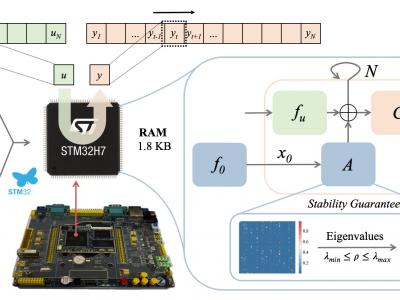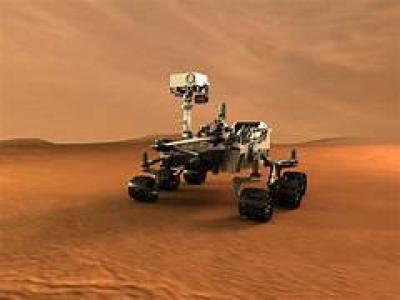Artificial Intelligence

ASSISTment is a large open-source dataset that aims to evaluate and improve text-based question answering systems. It contains over a million question-answer pairs, covering a wide range of subject areas and question types. The dataset can be used to train and test question answering systems, and supports the development of more effective natural language processing models. It includes questions and answers from real-world sources, making it a valuable resource for researchers and developers in the field of question answering systems.
- Categories:
 41 Views
41 Views
The database consists of 32 scenes, divided into 5 sections. Each scene has an associated zip file. These zip files include full spectral resolution reflectance data from 400nm to 700nm at 10nm steps (31 bands total). Each band is stored as a 16-bit grayscale PNG image. Image filenames are of the format 'object_ms_01.png', where the '01' at the end signifies that this is the first image (captured at 400nm). Thus, '02' corresponds to 410nm, and so on, until '31' for 700nm.
- Categories:
 379 Views
379 ViewsThe rapid evolution of communication networks and the ever-increasing demand for efficient data transfer have led to the development of cognitive networking, which aims to enhance network performance through intelligent and adaptive protocols. To facilitate research and development in this domain, we present a comprehensive dataset detailing the parameters of a Network Protocol Stack which can be used to develop a Cognitive Network Protocol Stack designed for efficient networking.
- Categories:
 1416 Views
1416 Views
The classification of Doppler ultrasound images
is very important for conception prediction. However it is a
challenging problem that suffers from a variable length of those
images with a dimension gap between them. In this study, we
propose a latent representation weight learning method (LRWL)
for conception prediction with Doppler ultrasound images. Unlike
most existing related methods, LRWL can process a variable
- Categories:
 96 Views
96 ViewsThe poor posture is one of the main common health problems in the growth of adolescents, which seriously affects their physical and mental health. The posture gait recognition is a premise for preventing and correcting the poor posture. This paper proposes a gait recognition method for poor posture based on PCA-BP neural network. Using wearable intelligent insoles to measure plantar pressure, a gait recognition model based on PCA-BP neural network model is constructed.
- Categories:
 454 Views
454 Views
This work presents a large-scale three-fold annotated, low-cost microscopy image dataset of potato tubers for plant cell analysis in deep learning (DL) framework which has huge potential in the advancement of plant cell biology research. Indeed, low-cost microscopes coupled with new-generation smartphones could open new aspects in DL-based microscopy image analysis, which offers several benefits including portability, ease of use, and maintenance.
- Categories:
 232 Views
232 ViewsThis data can be used for all the experiments related to the Mars rovers, as this data are accurate and used in a new algorithm called Limited Weighted Sum Genetic Algorithm for Multi-Objectives optimisation (LWSGA-MO).
The Mars exploration rover dataset is created in two steps: the data generation, and the data processing.
1) The data generation was done by Unity, and the code was written by C# scripts.
2) The data processing was done by RStudio and R.
- Categories:
 417 Views
417 Views
AI-powered binary code similarity detection (BinSD), which transforms intricate binary code comparison to the distance measure of code embedding through neural networks, has been widely applied to program analysis. However, due to the diversity of the adopted embedding strategies, evaluation methodologies, running environments, and/or benchmarks, it is difficult to quantitatively understand to what extent the BinSD problem has been solved, especially in real-world applications.
- Categories:
 47 Views
47 Views



